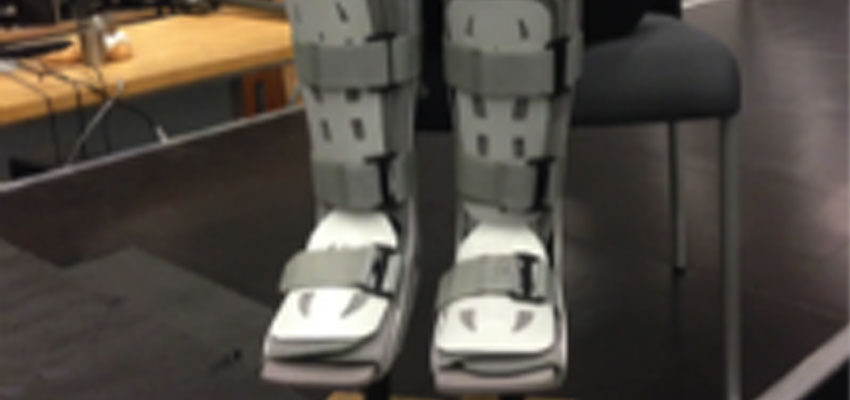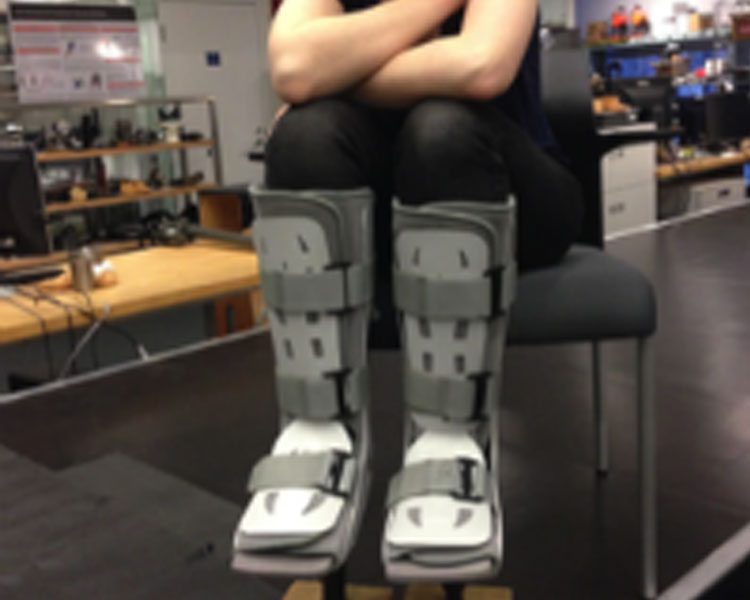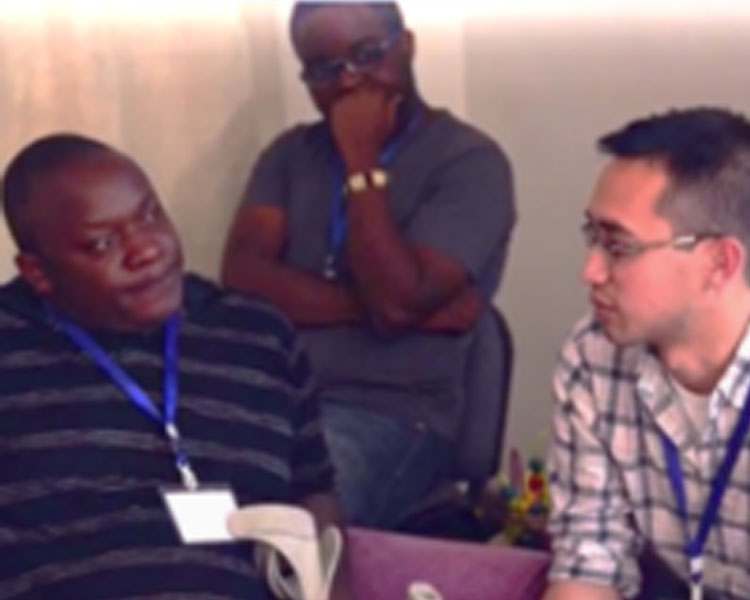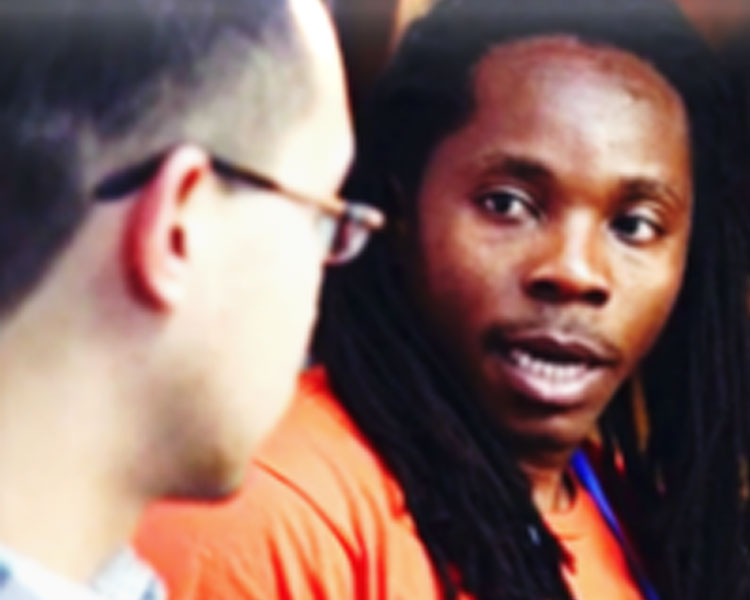
D-Lab: Prosthetics for the Developing World is back!
In the Spring 2014 term, D-Lab: Prosthetics (EC.722) had projects that ranged from improving prosthetic fit, to a pylon prototype aimed at achieving better shock absorption in lower limb prostheses. One of the projects, which focused on using 2D images to form 3D digital models, even caught the attention of Autodesk! Using Autodesk software, such as 123D Catch and Fusion 360, students demonstrated a simple and low-cost way to create 3D digital models of a limb in computer-aided design software.
Collaborating with Autodesk
Encouraged by the promising results produced by D-Lab: Prosthetics students in the Spring 2014 term, Bryan Ranger and Katerina Mantzavinou, the co-instructors for the fall 2015 course, have been busy working out a collaboration with Autodesk. This relationship will provide further resources and sponsorship for students interested in doing projects related to low-cost prosthetic and orthotic devices as part of the course.
Mentorship from a Kenyan prostheticist
Following the last iteration of this class, two of the spring 2014 course co-instructors, Bryan Ranger and David Sengeh, traveled to Nairobi, Kenya. As part of a MIT Media Lab team, which was responsible for running an innovation workshop at the Nairobi iHub, they worked with Peter Ongubo, a local prosthetist to test ideas related to digital design of prostheses. They specifically discussed aspects of their own research in the Biomechatronics Group, as well as some of the student projects from the previous semester. Not only was the prosthetist excited by the projects, but has also agreed to provide mentorship to student teams this coming semester. His advice will provide much-needed insight into the innovation process in areas of limited resources, and will encourage students in the course to design with the end-user in mind.
Collaboration with Refugee Open Ware
Additionally, the fall 2015 course is collaborating closely with Refugee Open Ware (ROW), an innovation consortium based in Amman, Jordan. ROW's mission is to employ disruptive technology to improve human rights fulfillment for both refugees and host communities in conflict zones. ROW develops open hardware innovation ecosystems (e.g., digital fabrication laboratories and innovation centers) fueled by co-creation between refugees, host communities, and other global resources. Students who enroll in the course this fall will be given challenges that ROW faces in the field so that student projects have the potential to have a direct and meaningful impact.
Projects with real-world impact
Historically, EC.722 has had a large emphasis on hands-on, yet mostly free-form design. Although the course will not stray far from this approach, this academic term, the curriculum structure has been re-vamped to follow a more deterministic design process. To this end, at the beginning of the term, students will be given specific challenges based on ROW’s defined needs. Mentors from both MIT and the course’s partner organizations will then guide them to delineate appropriate deliverables to build and test before the end of the term. The hope is that this approach will result in student projects that do not just help the course’s partner organizations, but the millions in need of more effective and low-cost rehabilitative equipment in the developing world.
Getting to scale in emerging markets
Furthermore, an exciting addition to the course this fall is an increase in lectures and assignments related to implementation, scale, and leveraging innovation in emerging markets. Gaining an understanding of these concepts, which are not often covered in academic engineering classes, is essential to creating technical solutions that are suitable and sustainable.
Overall, new collaborations with ROW, prosthetists working in the field, and Autodesk have laid the groundwork for course projects that will have real-world impact, and will open the door for students to travel and test their ideas in the field. If you are an undergraduate student that is interested in this type of work, please consider registering!
For questions regarding the course, please contact Bryan Ranger and Katerina Montzavinou, the D-Lab: Prosthetics instructors.




